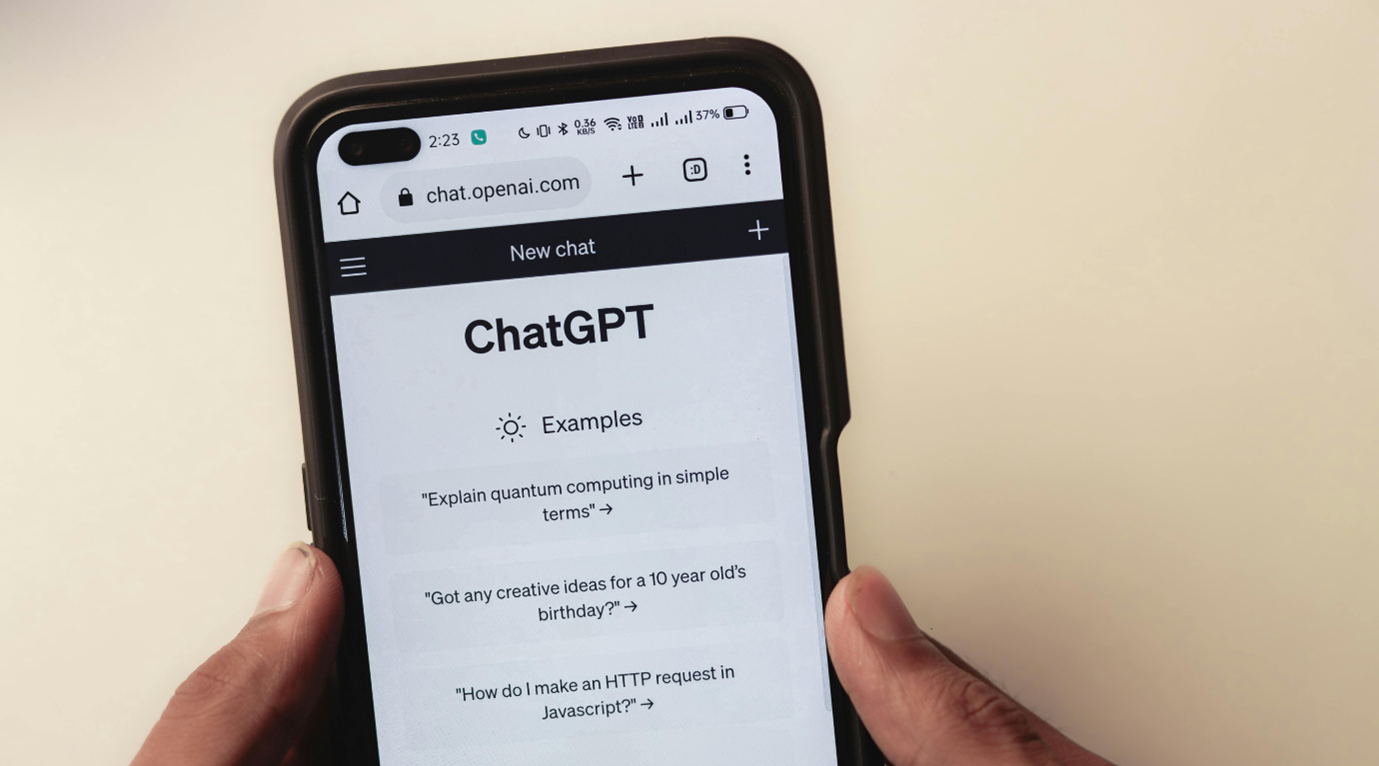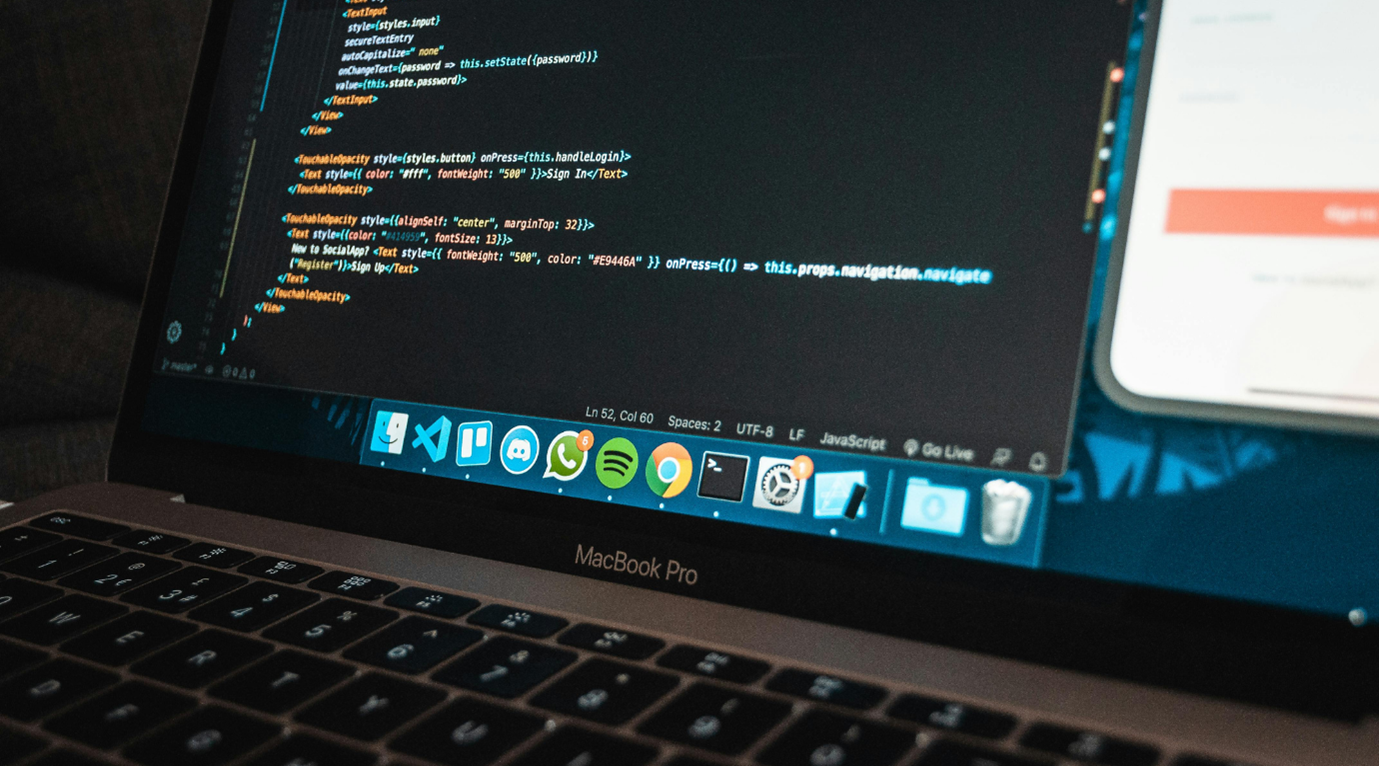The realm of Artificial Intelligence (AI) is undergoing a period of rapid evolution, with Generative Pre-trained Transformer (GPT) models like ChatGPT emerging as powerful tools for generating human-quality text. These GPT applications are fundamentally transforming uses of chatgpt across various industries, disrupting traditional methods and ushering in a new era of automation, personalization, and efficiency. In this blog post, we’ll delve into the uses of chatgpt and explore how GPT applications are shaking up sectors like customer service, education, healthcare, and finance. We’ll also explore the ethical considerations, societal implications, and future possibilities of this groundbreaking technology.
Chatbots Get a Boost: GPT in Customer Service
Customer service is one of the areas where GPT applications are making a significant impact. By leveraging the power of GPT models, businesses can automate customer interactions through chatbots and virtual assistants. These AI-powered tools can:
- Provide 24/7 availability: Unlike human agents, chatbots powered by GPT can answer customer queries around the clock, ensuring uninterrupted service and improved customer satisfaction.
- Handle repetitive tasks: GPT-powered chatbots can efficiently manage routine inquiries, freeing up human agents to focus on complex issues and provide personalized support.
- Offer multilingual support: GPT’s ability to translate languages can enable chatbots to cater to a global customer base, eliminating language barriers and enhancing accessibility.
- Personalize customer interactions: By analyzing customer data and past interactions, GPT-powered chatbots can personalize their responses, providing a more relevant and engaging customer experience.
By using ChatGPT and other GPT applications, businesses can transform their customer service operations, leading to increased efficiency, improved customer satisfaction, and a competitive edge in the marketplace. In the next section, we’ll explore how GPT is making waves in the education sector.
Democratizing Education: GPT as a Powerful Tutor
The education sector is another domain where GPT applications are making significant strides. Here are some ways GPT is being used to transform education:
- Personalized Learning: GPT models can personalize the learning experience by tailoring content and instruction to individual student needs and learning styles.
- Automated Tutoring: GPT-powered tutors can provide students with on-demand support and answer their questions in a clear and concise manner.
- Content Creation: GPT can generate educational materials like practice problems, quizzes, and summaries of complex topics, alleviating workload for educators.
- Language Learning: GPT’s language processing capabilities can facilitate language learning by providing conversational practice and feedback on grammar and pronunciation.
The Potential for Democratization
One of the most exciting aspects of GPT applications in education is their potential to democratize access to quality education. GPT-powered tutors and personalized learning tools can bridge the gap for students in underserved communities or those with limited access to qualified educators.
By harnessing the power of GPT, educators can create a more engaging and effective learning environment for all students.
AI Heals: GPT in Healthcare
The healthcare sector is ripe for innovation, and GPT applications are proving to be valuable tools for enhancing medical care. Here’s a glimpse into how GPT is impacting healthcare:
- Improved Medical Diagnostics: GPT models can be trained on vast datasets of medical records and research papers. This allows them to analyze patient data and identify potential health issues, aiding doctors in early diagnosis and treatment planning.
- Personalized Medicine: By analyzing a patient’s medical history, genetic makeup, and lifestyle factors, GPT-powered tools can generate personalized treatment plans and medication recommendations.
- Enhanced Patient Management: GPT-powered chatbots can assist patients with appointment scheduling, medication reminders, and answering basic medical questions, streamlining communication and improving patient engagement.
- Drug Discovery and Research: GPT’s ability to analyze vast amounts of scientific data can accelerate drug discovery by identifying promising drug candidates and predicting their potential effectiveness.
Examining Accuracy and Efficiency
One of the primary concerns surrounding the use of chatgpt in healthcare is accuracy. However, GPT models trained on high-quality medical data have demonstrated promising results in preliminary studies. Additionally, GPT applications can significantly improve efficiency in healthcare by automating routine tasks and freeing up medical professionals to focus on complex cases and patient care.
Ethical Considerations: Navigating the Sensitive Landscape of Healthcare AI
The use of AI in a sensitive field like healthcare necessitates careful consideration of ethical issues. Here are some key concerns to address:
- Data Privacy: Ensuring the security and privacy of patient data is paramount. Robust data security measures must be implemented when using GPT models in healthcare settings.
- Algorithmic Bias: GPT models are trained on existing data, which may contain biases. It’s crucial to mitigate these biases to ensure fair and equitable treatment for all patients.
- Transparency and Explainability: Healthcare professionals and patients need to understand how GPT-powered tools arrive at their recommendations. Transparency in AI decision-making is essential for building trust in these technologies.
The Future of Healthcare with GPT
The uses of chatgpt and other GPT applications in healthcare are still evolving, but the potential is undeniable. As GPT models continue to develop and ethical considerations are addressed, we can expect to see even more groundbreaking advancements in healthcare delivery, diagnosis, and treatment.
Transform Your Business with GPT
Discover how GPT applications can revolutionize your industry and drive innovation.
Explore Now
Financial Finesse: GPT Applications Reshaping the Financial Landscape
The financial sector, long driven by intricate calculations and expert analysis, is embracing the transformative power of GPT applications. Here’s how GPT is influencing various aspects of finance:
- Algorithmic Trading: Financial institutions are leveraging GPT-powered algorithms to analyze market trends, identify trading opportunities, and execute trades at high speeds with greater accuracy. This can potentially lead to improved investment returns and reduced risks.
- Personalized Financial Advice: GPT can analyze an individual’s financial situation, risk tolerance, and investment goals. Based on this analysis, GPT-powered tools can generate personalized financial advice and recommendations, empowering individuals to make informed investment decisions.
- Enhanced Fraud Detection: GPT models can be trained on vast datasets of financial transactions to identify patterns indicative of fraudulent activity. This can significantly improve the security and compliance of financial systems.
- Streamlined Customer Service: Like other sectors, GPT-powered chatbots can be deployed in the financial sector to answer customer queries about accounts, investments, and regulations. This can improve customer service efficiency and enhance the overall customer experience.
Unveiling the Power of Security and Compliance
Financial institutions are subject to a complex web of regulations. GPT applications can assist in compliance efforts by analyzing financial data and identifying potential regulatory violations. Additionally, GPT can be used to generate regulatory reports and ensure adherence to industry standards.
The Future of Finance with GPT: A Symbiotic Relationship
While GPT applications hold immense potential in the financial sector, it’s important to remember that they are not designed to replace human financial advisors. Instead, GPT can serve as a powerful tool to augment human expertise by providing data-driven insights, automating mundane tasks, and enabling advisors to focus on personalized client engagement and strategic financial planning.
Conclusion
The landscape of various industries is rapidly evolving with the integration of GPT applications. From enhancing customer service and personalizing education to transforming healthcare and reshaping finance, GPT models like ChatGPT are at the forefront of innovation. By harnessing the power of these advanced technologies, businesses can achieve unprecedented levels of efficiency, personalization, and customer satisfaction.
As a business leader, staying ahead of the curve is essential. Exploring how GPT can revolutionize your operations will not only empower you to deliver exceptional value to your customers but also position your business as a pioneer in your industry. The potential of GPT applications is immense, and the journey to unlock their full capabilities begins with understanding their transformative power.
At Neuronimbus, we specialize in leveraging cutting-edge technologies to drive business innovation. Our team of experts is ready to guide you through the process of integrating GPT applications into your operations, ensuring you stay ahead in this fast-paced digital landscape.
Ready to explore the transformative power of GPT for your business? Contact Neuronimbus today for a consultation and take the first step towards a smarter, more efficient future.




